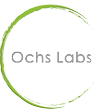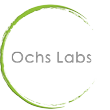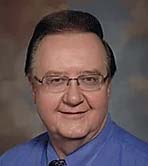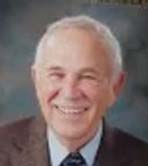About
Ochs Labs
The concept of Low Energy Neurofeedback (which is a completely unique form of “brain optimization” ) was first introduced by Dr. Len Ochs, Ph.D. in 1990. After introducing his ideas to several national forums, he established Ochs Labs to further develop and hone Low Energy Neurofeedback concepts and the technology fueling its success.
Since then, our LENS Providers and their clients have reported many forms of success using our unique and effective form of neurotherapy. Over 85% of people who have used the LENS have benefited significantly from it. Results can be seen quickly, often beginning within the first session, and are lasting.
Low Energy Neurofeedback System
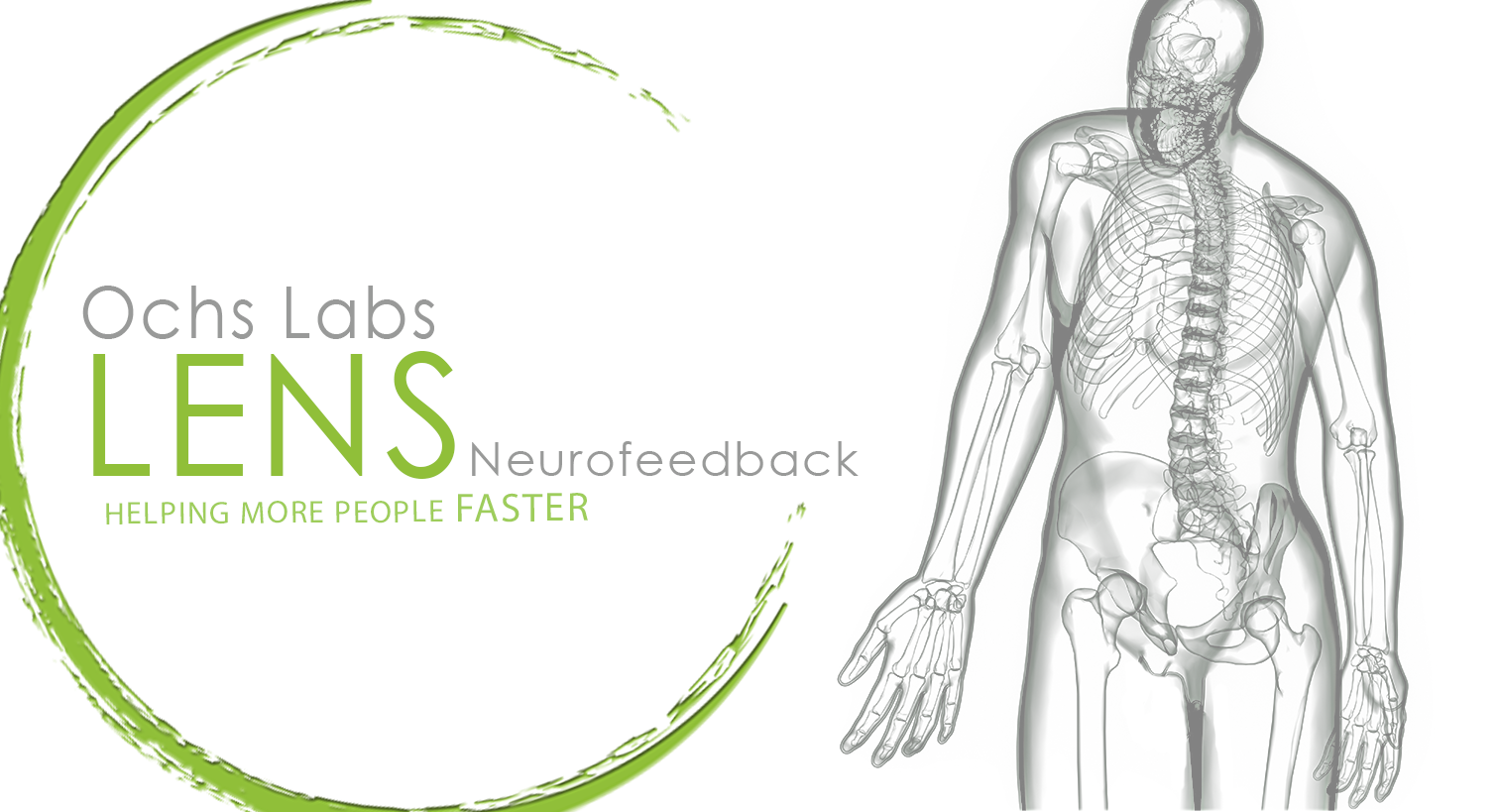
Traditional Neurofeedback is direct training typically provided by licensed healthcare professionals where the brain is observed in action from moment to moment, while “ re-training” the brain with audio and visual operant conditioning. LENS Neurofeedback is considered “non-traditional” neurofeedback, also called EEG Biofeedback, because it is based on electrical brain activity, the electroencephalogram, or EEG without any audio or visual stimulation. LENS Neurofeedback is promoting self-regulation. Self-regulation is a necessary part of optimal brain performance and function, allowing the nervous system to function better.
Over 30 years of experience…
Through our 3 decades of experience with the LENS, we have reached the point of having very high expectations for success in its application. In the normal course of events, LENS neurofeedback will be helpful for nearly everyone. Our brains are neuroplastic, created for cultivation, and are highly adaptable.
